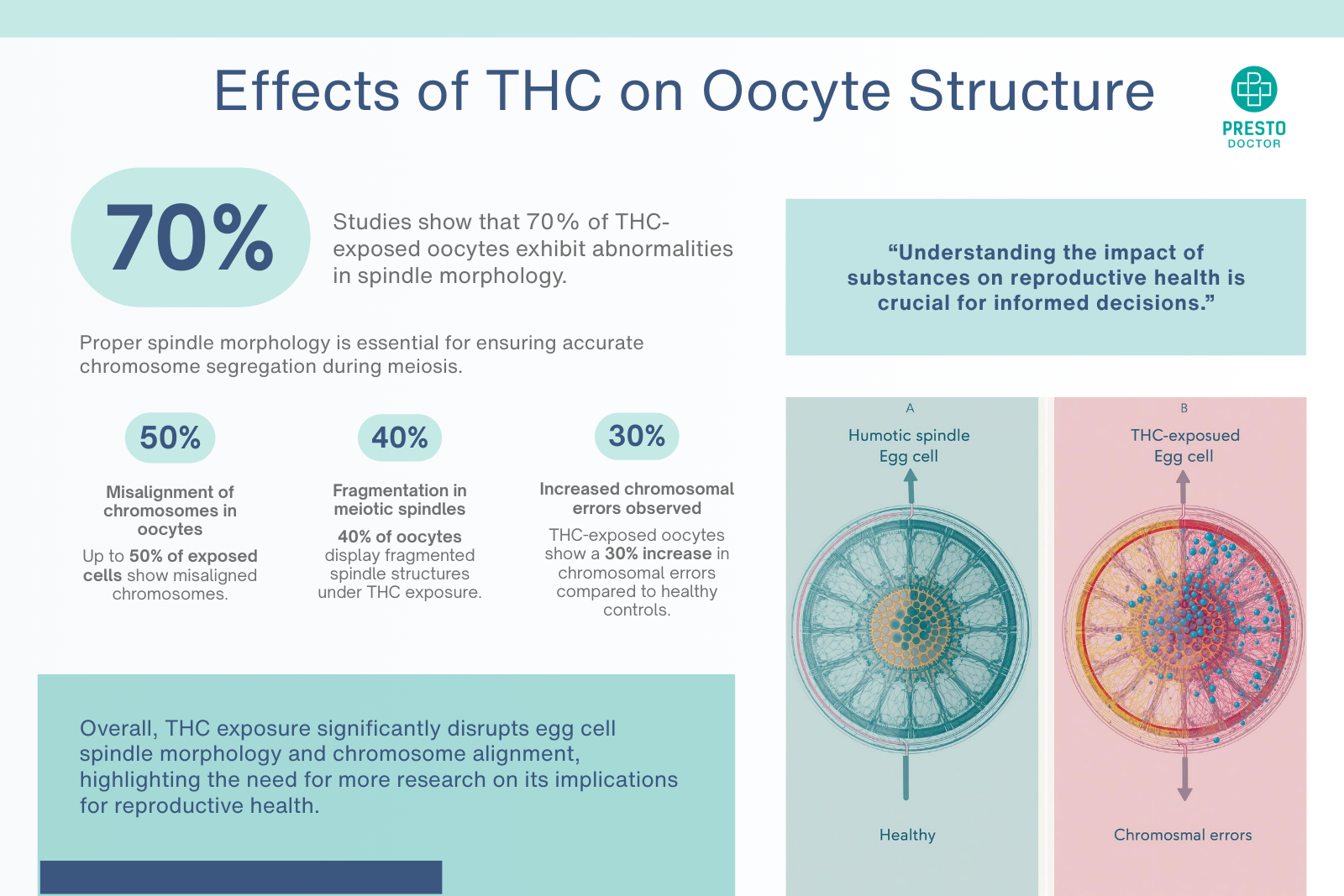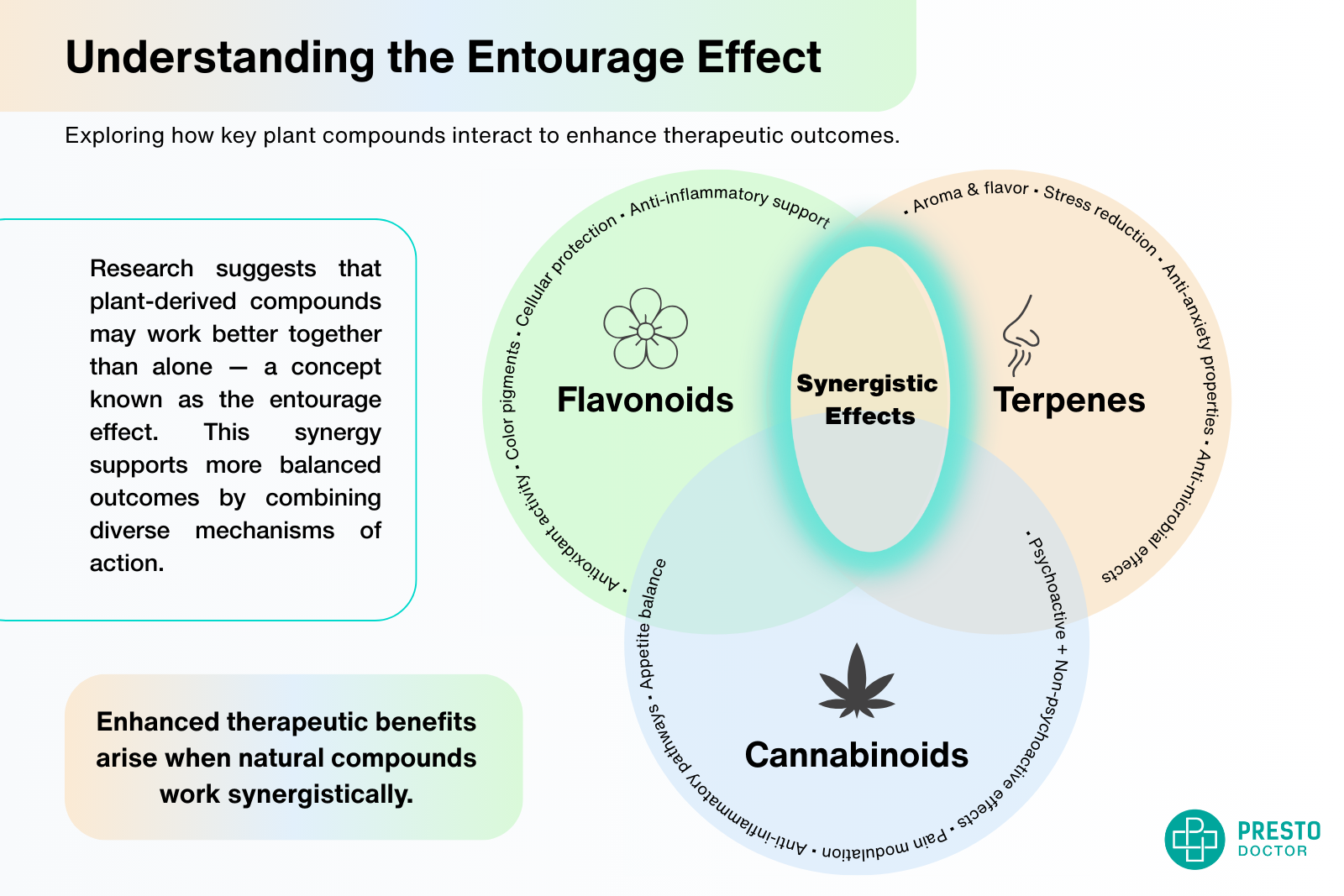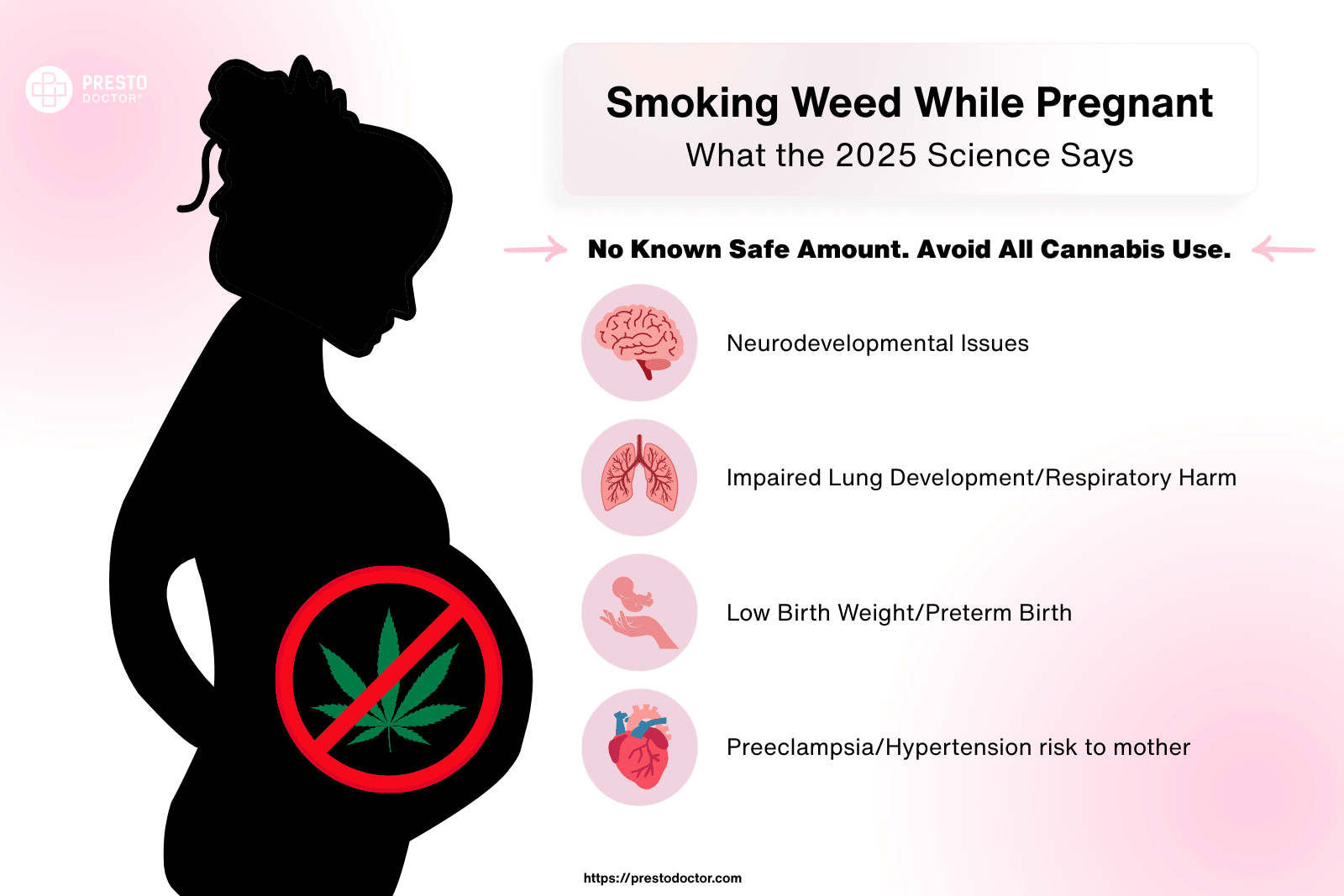Getting involved matters. Crucial causes to the advancement of people and society have rarely, if ever, come from passive action. Cannabis is just one case that represents the uphill battle it takes to overcome misinformation, fear, and even the hatred of groups of people, to gain sensible legislation. The hard work done by advocates and groups over decades is how we are here today.
The gains created so far are largely credited to the work of cannabis reform groups. These groups continue to work tirelessly to advance marijuana reform in all its forms. Today, groups with a decade or less of experience advance policy and conversations alongside the veteran alliances of the movement. These are just a few of the notable cannabis groups making waves that you should follow, support, and even consider joining.
Prominent Cannabis Reform Groups in America and Beyond
The National Organization for the Reform of Marijuana Laws (NORML)
When it comes to cannabis reform groups, the National Organization for the Reform of Marijuana Laws is almost always one of the first to come up. NORML began in 1970 and was founded by Keith Stroup. Since then, NORML’s mission has been to shift the public narrative and legalize cannabis. NORML advocates for responsible use and informs users on how to obtain quality marijuana for a safe and cost efficient experience.
While cannabis legalization has always been the goal, groups like NORML understand the importance of safe consumption. NORML acts as a resource for media on cannabis, as well as informs lawmakers, lobbies and other top officials regarding policy. Additionally, their sister organization, the NORML Foundation, works to educate the public through public advertising events. Today, NORML continues to be at the forefront of the cannabis movement. NORML chapters can be found across America as well as in Europe, Africa, Asia and Oceania as well.
The Drug Policy Alliance (DPA)
The Drug Policy Alliance came to life in 1987 by Arnold S. Trebach, JD, PhD and attorney Kevin Zeese. Zeese had previously directed NORML in the early 80s. Launched as the Drug Policy Foundation, the group’s focus extends beyond cannabis and covers numerous drug policies. The DPF changed its name in 2000 when it merged with the Ethan Nadelmann’s Lindesmith Center.
Today, the DPA endeavors to advance policy and attitude that aims to lessen drug laws as well as the harm that can come with them. The group touts a broad coalition focused on a society where the law and consumption is steeped in science, reasoning, and human rights. The DPA marked its first victory in 1996 with California’s medical cannabis legalization, and can take responsibility in helping half of the other states who have legalized some form of legislation so far. The group points out more recent efforts in New Mexico, New Jersey and New York as just a few states it has influenced. Additionally, the group has been at the front lines of criminal justice reform and harm reduction, which includes passing numerous regulations and advocating for safe syringe access for opioid addicts.
The Cannabis Cultural Association (CCA)
Since 2016 the Cannabis Cultural Association (CCA) has helped marginalized and underrepresented communities engage in the legal cannabis industry, emphasizing criminal justice reform, access to medical cannabis, and adult use legalization.
In their most recent federal lawsuit, CCA attorneys are representing 5 different plaintiffs, all of whom demonstrate that maintaining cannabis as a schedule 1 drug is unconstitutional and a risk to their health as patients. Further, the case goes to prove that the classification of cannabis as a schedule one drug with no medicinal benefit is a contradiction to the same patent that the government owns for cannabis’ medicinal benefits.
As of 2019, a Federal judge has reinstated the once dismissed case in an unprecedented fashion, making this case the first ever “lawsuit challenging the constitutionality of the Controlled Substances Act to survive a dismissal”. The nature of the federal ruling places pressure on the DEA to move quickly; faster than if the CCA were to attempt to reduce the scheduling through other channels such as congress. According to plaintiff José Belén, “the DEA was told to act with ‘great dispatch’ and with ‘all deliberate speed”. The case now remains in the DEA’s hands until further notice.
The Marijuana Policy Project (MPP)
Since 1995, the Marijuana Policy Project has endeavored to let the public know how prohibition failed us, just as it did with alcohol before. That’s why it has made efforts to advance cannabis each year it has operated. The group takes an active stance in policy making and works in similar channels as groups like NORML. The MPP’s efforts include lobbying, building rapport with like minded groups and advocates, working with the media, and much more. In 2018, the group focused on a three-prong approach that challenged federal policy, pushed for ballot initiatives in states, and assisted in numerous state legislature legalizations and implementations.
The MPP works on both the state and federal level. It is active on Capitol Hill as one of the most prominent cannabis reform groups. The group also works with allies across the country to push for legislation change in a myriad of states, including helping with ballot initiatives in Michigan, Utah, Oklahoma and Missouri during this past election cycle.
Americans for Safe Access (ASA)
Founded in 2002, Americans for Safe Access‘s core focus is on ensuring safe and legal access to cannabis for medical use and research. ASA was founded by a medical cannabis patient, Steph Sherer, and now boasts over 100,000 members. The group strives to change the narrative on cannabis laws in the U.S. and beyond, and has advocacy resources in all but six states. Like the others on the list, ASA plays a pivotal role in influencing cannabis regulations. The group cites its passing of laws on all levels in America, in addition to creating product safety standards and training thousands of patient advocates along the way. PrestoDoctor officially partnered with ASA in early 2019, providing their patients with more informed cannabis tools and resources.
Students for Sensible Drug Policy (SSDP)
The SSDP celebrated 20 years of existence in 2018. What began as student groups chatting about drug reform online in 1996 and 1997, led to the SSDP officially forming on October 1, 1998. Since then, the group’s mission has been to end the drug war across the globe. The group does not condone nor condemn drug use but rather would leave the decision up to each individual. Additionally, the SSDP focuses on changing policy through justice, liberty, compassion and reason. The group has worked with other prominent cannabis groups to advance its efforts. This includes working alongside the National Cannabis Industry Association and plenty others.
These are just a few of the cannabis reform groups that you should consider joining. If cannabis regulations matter to you, research these organizations and others to find out which align with your goals. Additionally, be sure to seek out local organizations. Whether it’s one of the chapters mentioned above, or something else entirely, the key is getting involved. These groups are the lifeblood for advancing cannabis in the United States and elsewhere. If you haven’t already, consider joining one today. A whole community and opportunity awaits.






